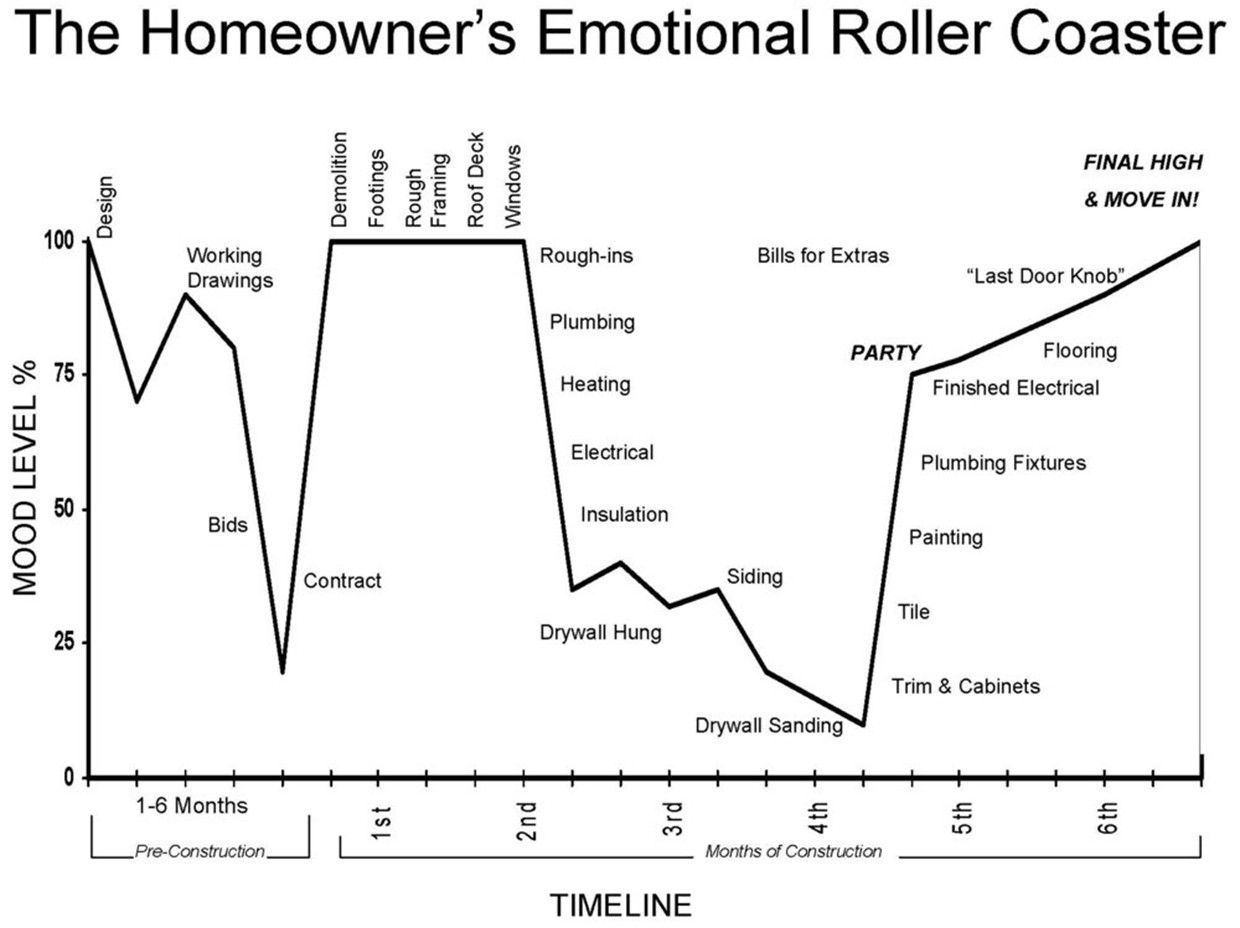Interview Questions to Ask a Custom Builder in Delaware

- Can I see a copy of your business license?
The answer should always be yes. Make sure that the license has not expired. If the builder does not have a business license, move on. They are only dabbling in construction.
- Do you carry general liability and workers compensation insurance, and will there be a builder’s risk policy covering my job?
Lack of proper insurance coverages is a deal breaker. The builder should be able to produce proof of insurance quickly. If in doubt, request that an insurance certificate be issued directly by the insurer for your review.
- Have you ever operated under a different name, declared bankruptcy, been sued or sued anyone before? Explain.
Even some responsible builders were caught up in the housing crash of 2008 – 2009. But, builders with a history of name changes, bankruptcies and litigation are a huge red flag.
- How long have you been in business? Is this your full-time occupation? Did you begin your career as a carpenter or in another field?
You can glean a lot from this question alone. Some remodeling contractors have full-time jobs in completely different fields and attempt to handle the business side of home remodeling with no understanding of quality craftsmanship or an appreciation of carpentry. They get by with hiring subs to run the jobs while they “check in” occasionally. Also, stay away from people who started recently. No general contractor should attempt to run a residential construction firm unless they have 15+ years of experience in the field, preferably with a background in carpentry.
- Have you ever operated under a different name, declared bankruptcy, been sued or sued anyone before? Explain.
The builder should provide you with a copy of the firm’s warranty in writing. Reputable builders value their reputations and will often fix problems that arise after the expiration of the warranty.
- Do you provide customers with written lien waivers
Once the job is completed, you should be entitled to receive a legal document from your contractor stating that you have paid him in full, and that he waives his right to place a mechanics lien on your property (this should include lien releases from sub-contractors, too).
- Who runs your back office?
If the owner of the company is wearing too many hats, job supervision will often take a backseat. It’s okay to ask to see the company’s organizational chart. Who is responsible for accounting and human resources functions? Estimating? Sales? Operations? If the owner is trying to do it all, you should look elsewhere.
- Do you handle the permitting process and inspections from the affected jurisdictions or do we have to coordinate that?
Your general contractor should handle this. Period. You are not responsible for pulling permits or dealing with the town’s building inspector.
- Do you have a list of client references? Do you also have a list of trade partners, vendors and architects and designers that have partnered with you that I can call?
Past clients are the most appropriate people to talk to. Ask them very candid and specific questions. Ask about the quality of work, budget, timeliness, cleanliness, safety, level of professionalism and if their goals and expectations were met. Also check businesses that partner with the builder. Make sure the contractor is in good standing with their trade partners and vendors, and able to collaborate successfully with design and architectural firms.
- Have you done a project comparable to mine? What were the biggest challenges?
Experience and expertise really count in this field. No two custom projects are ever the same. What matters is whether the builder can handle complex issues, and if he has the competence to successfully complete your project. Ask about a specific concern you have and assess whether the builder’s response reassured you or caused further anxiety.
- Who is on-site managing my project on a daily basis, and who is ultimately responsible for my job?
The correct answer is that the owners are ultimately responsible for your project. But, custom home building requires daily hands-on attention from a qualified project manager or supervisor who is not distracted by all the other responsibilities of running a business. Ask about the experience levels of the builder’s project managers and supervisors. If the builder cannot attract and retain experienced managers, they will be challenged to complete your job successfully.
- How do you communicate with your customers? How often and by what method?
We have written a complete blog about the importance of communication systems in a custom home building project. If a builder cannot describe how they use a robust construction management system every day, it likely means that your project will be managed with disorganized scraps of paper strewn across the dashboard of somebody’s pickup truck.
- Describe a typical work day and how you maintain a clean and safe job site?
For a remodeling project, ask about everything from arrival and departure times to the specific steps they take to ensure cleanliness, safety and security in your home during a remodel. Also ask about how they protect your home during a renovation.
For new home construction, you (and your neighbors) should be assured that the job site is kept clean and organized at all times.
- How many other projects will you be running concurrently with my project?
You want to be sure your builder is responsive to your needs and doesn’t put your project on the back-burner. The number of projects he can run simultaneously depends on how effective his firm is and how they’ve met deadlines previously. There are limits to the number of projects that any project manager or supervisor can manage at one time. Note – project managers can handle more work if the jobs are in a geographically compact area.
- How do you stay current and on top of trends?
New and better products are constantly being developed in home building. Your contractor needs to actively stay on top of product introductions, service innovations and industry trends by doing several of the following on a regular basis: being a member of National and Local Home Builders Associations, attending conferences, taking continuing education classes, reading trade magazines, subscribing to industry newsletters, meeting with sales reps and networking with industry professionals.
Keep in mind these questions are just a starting point for discussion. Don’t be shy. Continue to ask specific in-depth questions until you obtain a comfort level that the builder can successfully handle your project.
Topics: Interview Questions to Ask a Homebuilder, questions for a builder or contractor, questions for a general contractor, interview questions for builder or contractor, what to ask a builder or general contractor
This blog post was adapted from a post by Donatelli Builders of Downers Grove, IL
Tags















